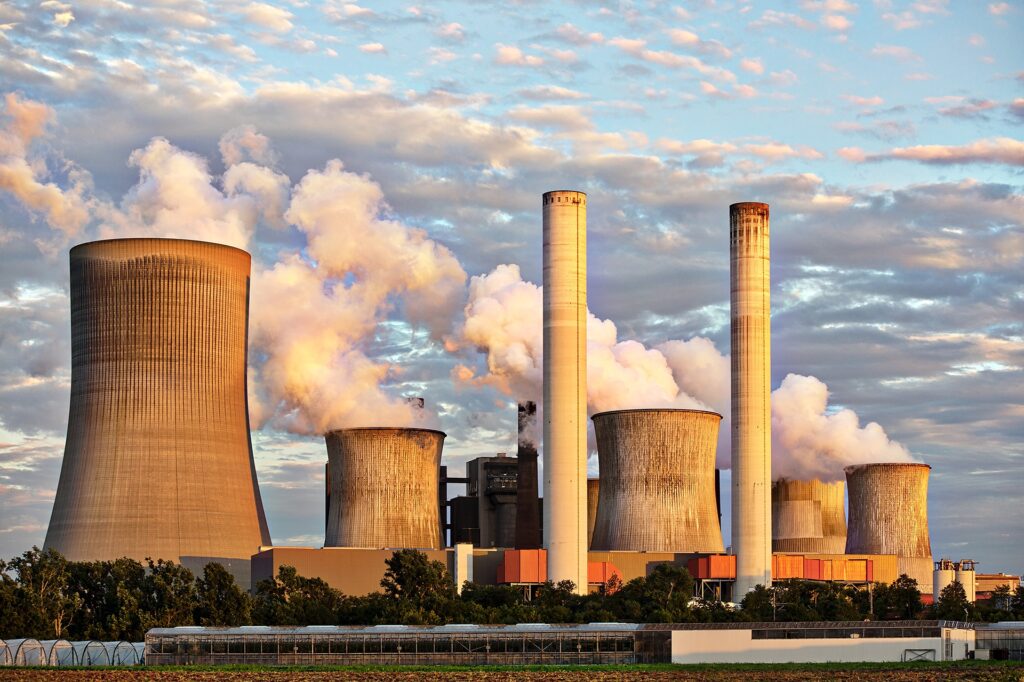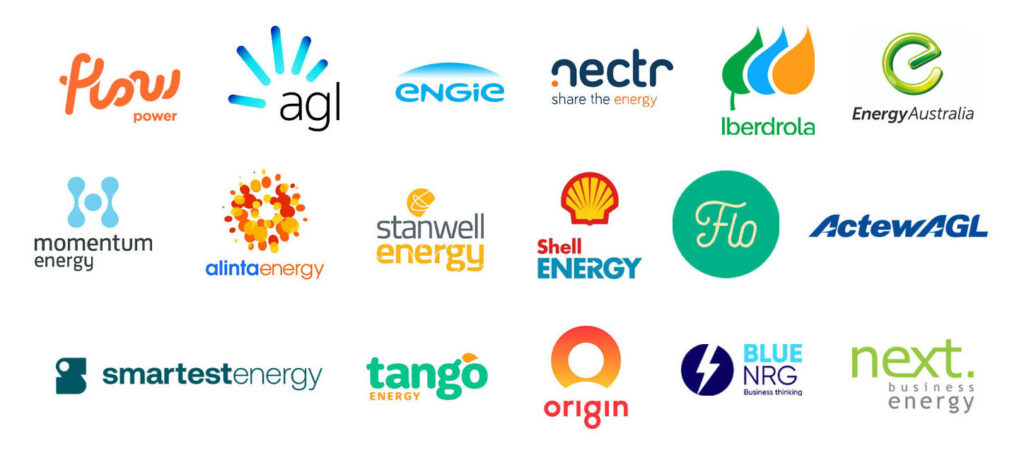As Origin Energy quietly told the Australian Energy Market Operator that it would be shutting down the first units in Eraring, the country’s largest coal-fired plant in 2030, the Energy Security Board has proposed changes to the Retailer Reliability Obligation to pay coal generators to keep them from closing ahead of schedule.
The Energy Security Board’s remit is to make sure that Australia has enough dispatchable power to keep the lights on during the transition to more renewable energy.
Eraring had already temporarily shut down one of its units at the 2,800 MW plant in New South Wales in February 2021 as record low prices of $40 per MWh made coal generation unprofitable during the daytime as cheap renewables flowed into the grid.
Eraring supplies 20 percent of New South Wales’ current electricity needs on a daily basis. The second of four units will be shut down in 2031 and it will then run at half capacity for another year before the final two units are retired in 2032.
In a report outlining various options to keep the lights on in the renewable energy transition, the ESB proposes changes to the Retailer Reliability Obligation (RRO), tapping into flexible demand options and investment in new transmission infrastructure.
ESB wants to move Retailer Reliability Obligation from financial contracts to the ability to deliver electricity quotas

The ESB wants electricity retailers to enter into contracts for reliable electricity at predictable prices, which would favour coal generation. The move would shift from financial contracts, based on prices to physical contracts.
This would mean that any contract would need to be backed up by the ability to deliver electricity to the grid.
It would mean that retailers would need to buy created “physical certificates” to meet RRO obligations.
The ESB says the move is necessary to prevent coal generation, which still supplies the bulk of the country’s electricity, from exiting early, before there is enough wind, solar and backup battery dispatchable generation to make up for the shortfall.
But experts have questioned the proposal, saying that while it might delay the closure of coal-fired plants, it will not help to curb emissions and will not ease uncertainty because there will still be no guarantee that snap decisions may be made to mothball unprofitable coal plants.
The ESB acknowledged that keeping coal plants in the mix through a physical RRO could hold back innovation and “overcompensate coal and gas generators”, leading to a detrimental impact on liquidity in the market.
The EEB said it would be considering how to mitigate these potential impacts. The issue is framed by the reality that two-thirds of Australia’s coal generation – which provides roughly two-thirds of the country’s electricity needs – will be retired in the next few decades.
Solar and wind continue to be installed at a record pace, and battery storage, which has proved to be reliable and flexible, is also gathering momentum.
But the danger is that coal generation is likely to become less profitable and this could shorten the timeline of coal closures drastically.
Wind and solar is now being firmed up by battery storage, but coal has the problem of not being able to switch on and off on demand. Turbines must be gently warmed up before generating electricity.
ESB’s preferred stability option is the smooth predictable exit of coal generation
The ESB has made it abundantly clear that its preferred option is the smooth exit of coal, rather than an accelerated exit due to loss of profitability.
The ESB will undertake a period of six weeks of consultation, seeking feedback on the proposed reforms, before delivering a final package of proposals to energy ministers by mid-year.
Keep updated with the latest news in the energy sector
Changes to policies like this may affect energy prices in the country as well as your energy costs. This is why, as an energy broker, we are committed to keeping businesses informed about the latest updates on energy policies and infrastructure. You can see all these in our blogs and news section or subscribe to our newsletter to get updates directly in your inbox.
If you want to create a positive impact on your business’ electricity or natural gas bills? Get in touch with our Energy Experts, we’re always ready to guide you through the energy cost-reduction process. Call us at 1300-852-770 or email at hello@leadingedgeenergy.com.au and we’ll get you started.
We source, analyse, compare and rank commercial, industrial and multisite energy quotes. Obligation Free.
Chat with one of our experienced consultants today and get the insights your business needs to help manage the risks associated with volatile electricity and natural gas markets. Our energy procurement service is obligation-free and provides a time-saving way of securing lower energy rates from our panel of energy retailers.















